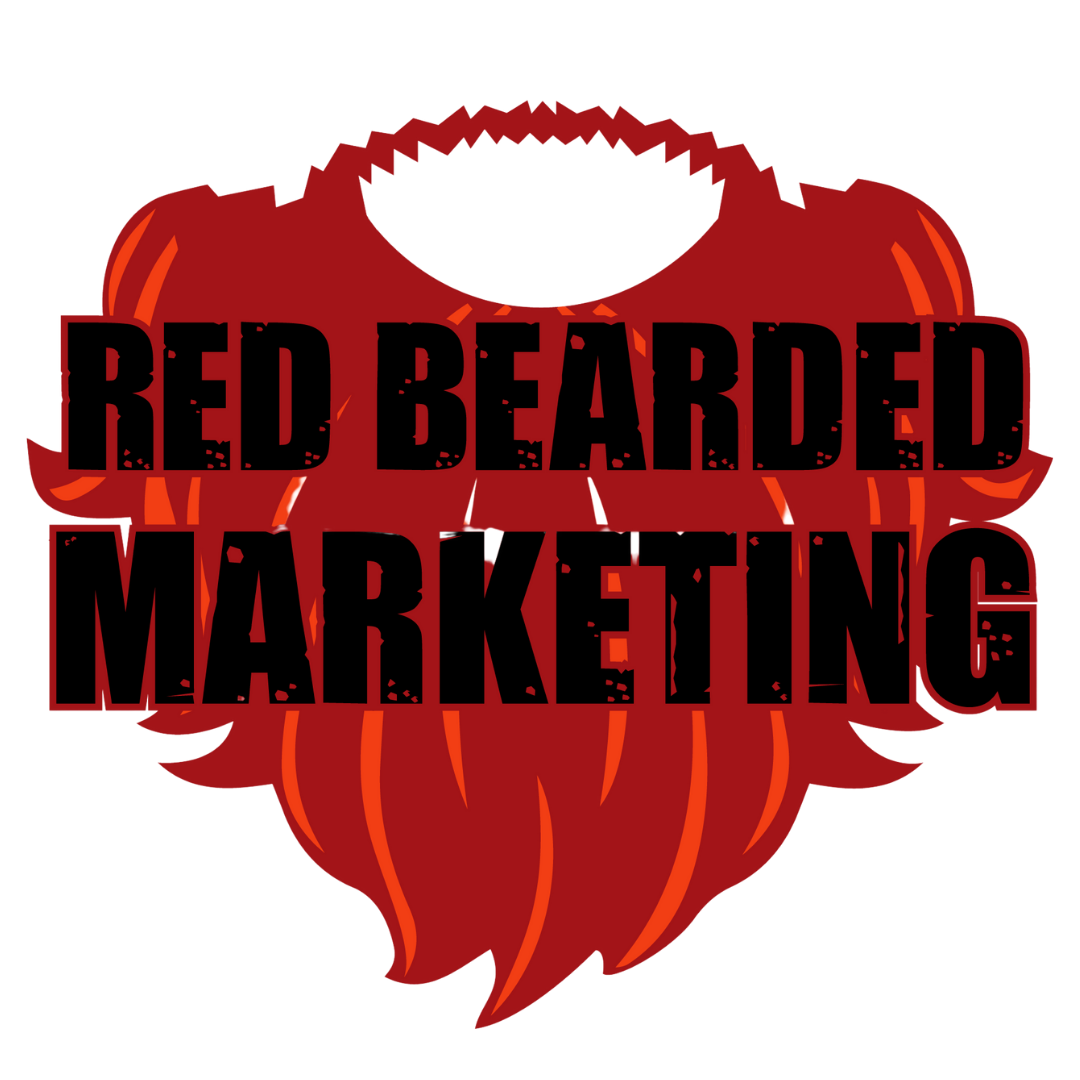Celebrities and social media influencers can do amazing things for a marketing campaign, especially if you’re trying to reach a broad consumer base. Notable brands like H&M, Coca-Cola and Disney have all embraced influencer marketing after realizing its immense potential, but before you jump in head first, there are a few things you need to understand.
Influencer marketing has quickly become one of the most powerful ways for brands to grow and engage their target audiences. While influencer marketing can be applied to most industries, it is more effective for some businesses than others. Here are four ways to tell if influencer marketing is right for your business.
1. Customers need to trust your brand or product before they buy or try it.
If your product requires the consumer to really trust it, then influencers are a must. Think of something like a supplement. Would you take a new dietary supplement if you had an iota of uncertainty about its safety? Of course not.

When consumers have concerns, they turn to the people they trust and hold in high regard, which makes influencers extremely valuable. Examples of trust-based industries include pharmaceuticals, automotive, parenting and nutrition. Products that require lots of consideration are highly dependent on social validation, and in today’s day and age, influencers are the drivers that shape consumer sentiment, which makes them so valuable for marketing on social media. Even with low-risk items like clothing or fashion products, consumers are wary of purchasing without knowing or trusting the brand or store. Influencers are the remedy to that problem, and engaging with them effectively can go a long way in terms of establishing consumer confidence online.
2. Cool factor, lifestyle or status are all important factors for your brand.
If your product needs to be seen in the right circles or considered cool, then influencer marketing is your best option. For example, take a luxury product like a watch. Being expensive is not enough for it to be considered luxury. The functionality and features of a Rolex watch are very similar to other less expensive products, yet people pay well over $5,000 for a Rolex simply because of its status as a luxury item and the fact that other people recognize its value. Brand equity is a form of goodwill, and there is a reason why goodwill is treated as an asset on a company’s balance sheet, regardless of it not being tangible.
One way to enter those luxury circles is to work with highly regarded influencers or celebrities. This is not a new idea for marketers, however, the way this can be done is new to most and isn’t just for movie stars anymore. Utilizing a variety of social media influencers can help connect you with an engaged audience and elevate your product to the luxury level.
3. Your industry is homogenized, commoditized or very competitive.
In highly homogenized industries, the player that wins is the one that stands out from the pack. Understand that in a homogenized business, most products are seen as a commodity, and therefore the only real point of competition becomes price, which forces sellers to continually lower prices — and, in turn, profits — to remain competitive.
One of the ways many companies distinguish themselves and de-commoditize their offerings is by building brand equity. When a company builds brand equity it associates its product with an experience and emotional outcome, which is very difficult to replicate. The aggregate of the various experiences and emotional outcomes forms a “lifestyle” that people buy into. Influencers are cultural leaders that set the cadence and shape the definition of various social lifestyles. Not just anyone will work, but if you find the right influencers for your brand, you’ll be able to set yourself apart from the competition.
4. Marketing is a driver for your business.
Marketing is almost always a yes, especially for any consumer-facing business. For B2B purposes, marketing is still important but growth is often driven by interpersonal relationships, word of mouth and a track record of proven success. For B2C businesses, marketing is imperative, and savvy brands will continue to employ both traditional and modern tactics to reach and engage their target audiences.
Ads are a function of three factors: exposure, frequency and resonance. In the social economy, there is a fourth — shareability — also known as the virality or the K-factor. Influencers check the exposure and frequency box, however, they truly excel when it comes to the resonance box. Influencers are trusted and recognizable individuals, and therefore are top players in today’s marketing world. If your product falls into one of these categories, influencer marketing might be the gold mine you’re missing out on.
Article from
https://www.forbes.com/sites/forbesagencycouncil/2017/11/13/four-signs-that-influencer-marketing-is-right-for-your-business/2/#958d60316311

